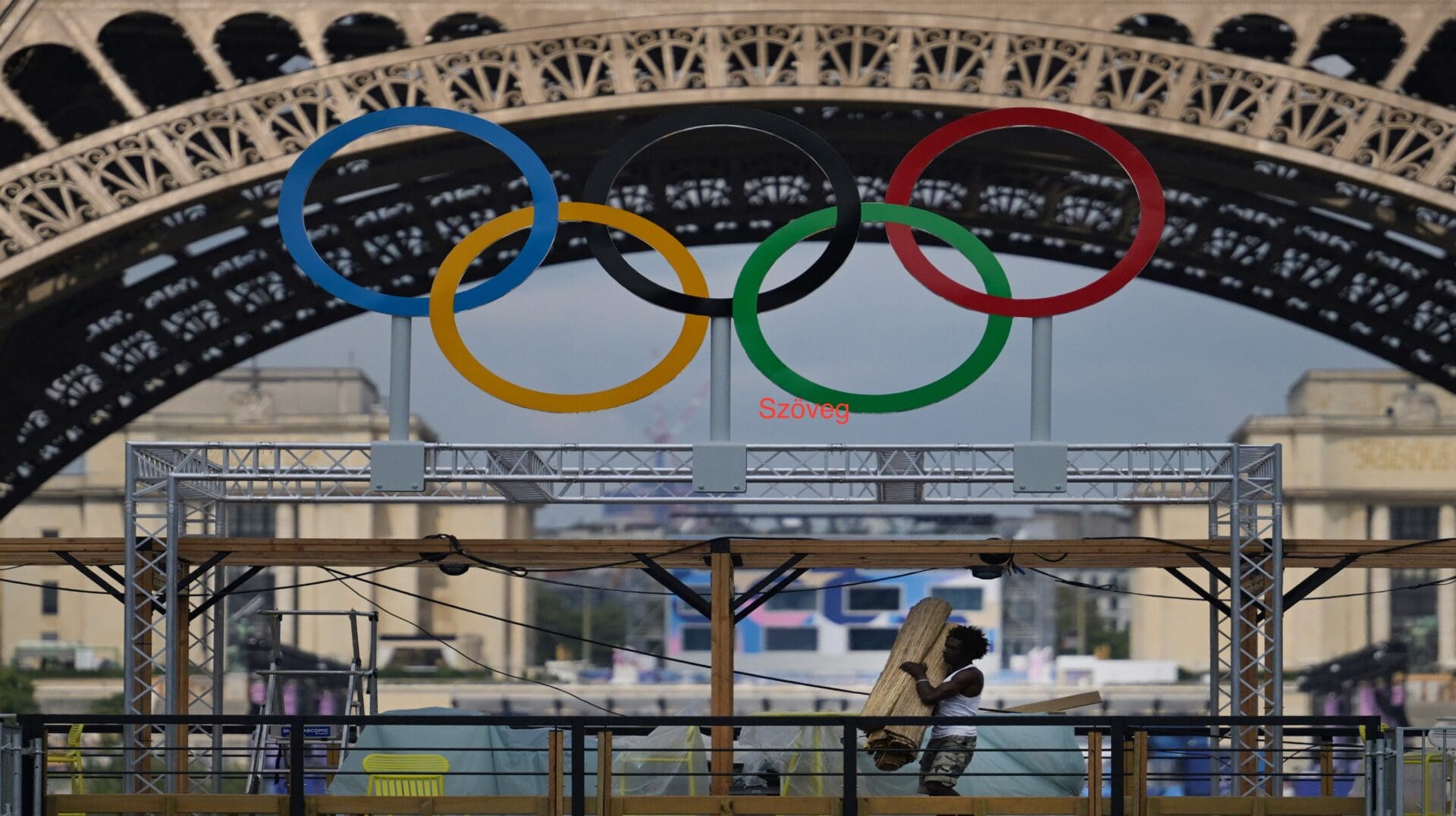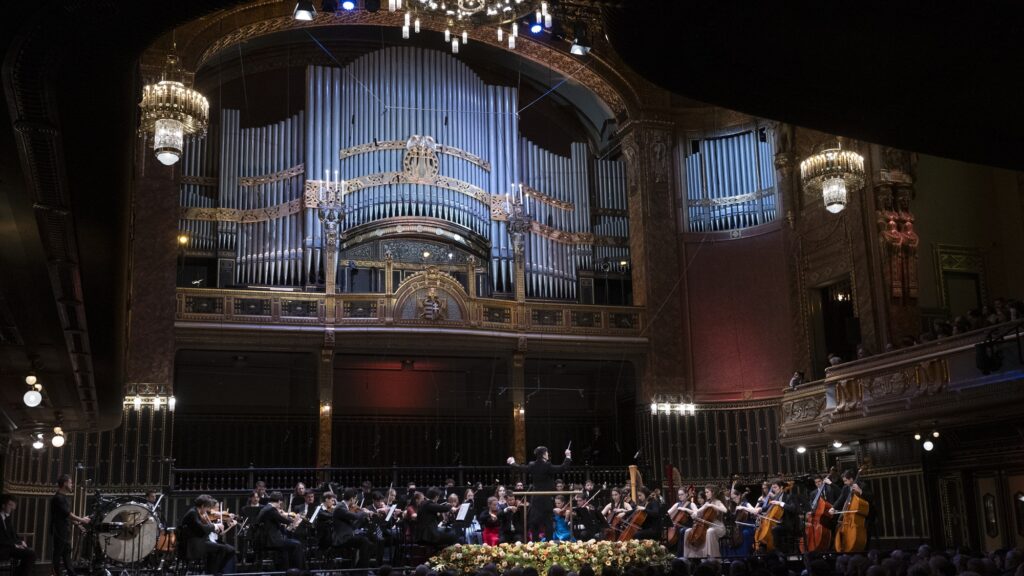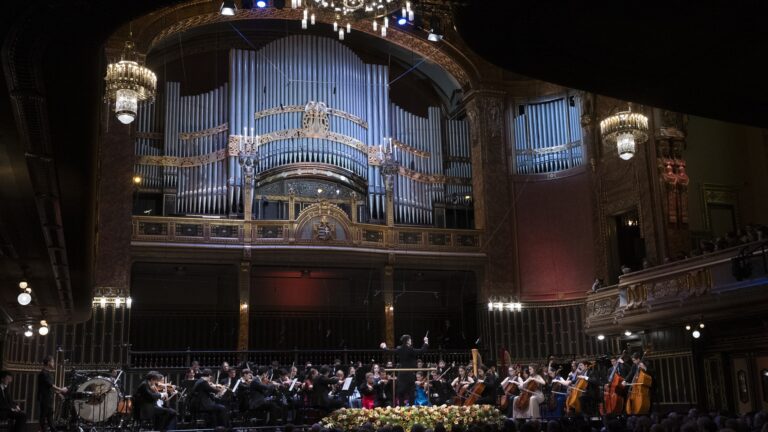Hungary boasts an impressive Olympic history, having won 181 gold medals and a total of 511, ranking 8th in the all-time medal standings. This is a significant achievement for a nation of just 9–10 million people, competing alongside much larger countries.
This year, Hungary is fielding 180 athletes in 21 sports, well within the top twenty nations worldwide. The 762 sports events, featuring 329 medal events, will unfold over 19 days with 3,800 hours of live broadcasting, offering ample opportunity for our athletes to demonstrate their peak condition.
In Tokyo, Hungary achieved an impressive haul of six gold, seven silver, and seven bronze medals, totalling twenty—their best result in this millennium. The previous occasion Hungary won more medals was at the 1996 Atlanta Olympics, which occurred before the millennium. Therefore, surpassing the success of three years ago will be a formidable challenge.
According to the latest forecast from Nielsen Gracenote in June, Hungary is expected to perform exceptionally well at the Paris Olympics:
the international analysis team predicts 7 gold, 6 silver, and 10 bronze medals,
placing Hungary 11th in the medal table. Over time, Gracenote’s outlook for Hungary has improved: in February, they had predicted only 3 golds and a total of 18 medals; by April, this increased to 5 golds, 8 silvers, and 6 bronzes.
If the latest forecast holds, this would be our best medal table ranking since 2012. In London, the Hungarian team ranked tenth, and although they won more golds in Rio 2016, the eight golds then only secured 12th place in the medal table. Currently, 180 athletes are expected to represent Hungary in Paris, the highest number since 2004.
Hungary’s Medal Prospects
As for athletics, Bence Halász is a prominent figure in the hammer throw. He earned a bronze medal at the World Championships held in Hungary last year and followed this up with a silver at the European Outdoor Championships in Rome, where he exceeded his season’s best. These achievements make him a strong candidate for a podium finish at the Paris Olympics.
In modern pentathlon, Michelle Gulyás has been a consistent performer for several years, although she has not yet secured a major international gold medal. There’s a good chance she could claim victory at the Paris Games, or at the very least, achieve a podium position.
Regarding wrestling, two athletes stand out. Iszmail Muszukajev, already a world and European champion, competes in the highly competitive 65kg freestyle category, making predictions difficult. Meanwhile, Dávid Losonczi, also a world champion, competes in the 87kg category and is another strong medal prospect.
Taekwondo also offers potential, with Viviána Márton, Levente Józsa, and Omar Salim all being serious contenders, the latter having won both world and European championships.
Additionally, the canoeing team has consistently thrilled Hungarian fans, especially during the final stages of the Olympics. Tamara Csipes and Bálint Kopasz are notable athletes with strong medal prospects. While it may be challenging to replicate the exceptional performance from the last Olympics, where Hungary secured 3 gold, 2 silver, and 1 bronze medals, there is still potential for 6–8 medals. However, the sport has undergone a reduction in events since Tokyo, and the recent controversy involving Danuta Kozák, coupled with the strengthening international competition, presents additional challenges.
Then there are the often-mentioned swimmers, who, along with the fencers, typically kick off the medal tally in the first week. We can expect much from Kristóf Milák, who, despite some recent setbacks, is in good form,
with experts giving him a 60 per cent chance of defending his Olympic title,
according to the international swimming journal SwimSwam Magazine. Hubert Kós is also a major contender in the 200m backstroke, training in the United States under Bob Bowman, who famously coached Michael Phelps to 23 Olympic golds. Not a bad recommendation.
Finally, the water polo teams are once again preparing for a strong showing. Both teams won bronze in Tokyo, and their goal remains the same: to reach the podium. However, their achievements since then have been mixed. While the men’s team, led by Zsolt Varga, finished seventh at the February World Championships, the women’s team reached the final against the United States, narrowly losing by just one goal.
Many more athletes, not covered in this article, could surprise us. Overall, we can anticipate another promising Olympics, where we might achieve a medal table ranking that belies our population size. Go Hungary!
Related articles:







